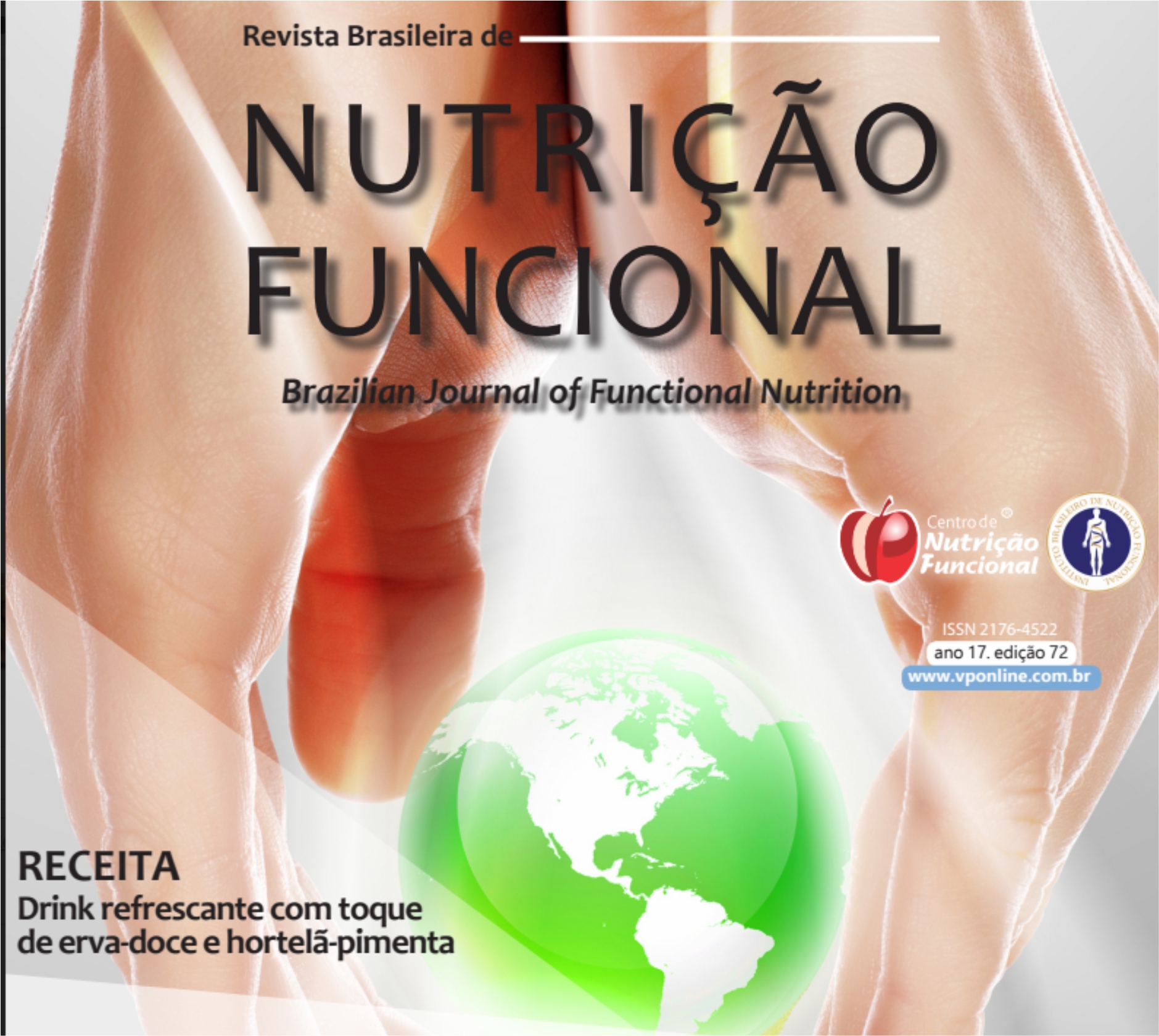-
Nutrição e performance esportiva – Artigo 04
Effect of carbohydrate feeding on the bone metabolic response to running Sale C, Varley I, Jones TW, James RM, Tang JC, Fraser WD, Greeves JP. Effect of carbohydrate feeding on the bone metabolic response to running. J Appl Physiol 119: 824 – 830, 2015. First published August 6, 2015; doi:10.1152/japplphysiol.00241.2015.— Bone resorption is increased after running, with no change in bone formation. Feeding during exercise might attenuate ... -
Nutrição e performance esportiva – Artigo 03
Ecologically Valid Carbohydrate Intake during Soccer-Specific Exercise Does Not Affect Running Performance in a Fed State Abstract: This study assessed the effect of carbohydrate intake on self-selected soccer-specific runnin performance. Sixteen male soccer players (age 23 ± 4 years; body mass 76.9 ± 7.2 kg; predicted VO2max = 54.2 ± 2.9 mL·kg−1 ·min−1; soccer experience 13 ± 4 years) completed a progressive multistage fitness test, ... -
Nutrição e performance esportiva – Artigo 02
Critical evaluation of food intake and energy balance in young modern pentathlon athletes: a cross-sectional study Abstract Background: Modern pentathlon comprises five sports: fencing, swimming, equestrian jumping, and a combined event of pistol shooting and running. Despite the expected high energy demand of this sport, there are few studies that provide support for the nutritional recommendations for pentathletes. The purpose of the ... -
Nutrição e performance esportiva – Artigo 01
Carbohydrate Nutrition and Team Sport Performance Abstract The common pattern of play in ‘team sports’ is ‘stop and go’, i.e. where players perform repeated bouts of brief high-intensity exercise punctuated by lower intensity activity. Sprints are generally 2–4 s long and recovery between sprints is of variable length. Energy production during brief sprints is derived from the degradation of intra-muscular phosphocreatine and ... -
Revista Brasileira de Nutrição Funcional – 2017 – edição 72
Para encerrar mais um ano de publicações científicas para a prática do nutricionista, trazemos artigos para iniciar 2018 com importantes atualizações. Na área de nutrição clínica, duas revisões esclarecedoras acerca do papel antioxidante do tucum-do-cerrado, um alimento da biodiversidade de nosso Centro-oeste, e sobre a importância da promoção e modulação de uma microbiota intestinal saudável para reduzir os riscos e ... -
Revista Brasileira de Nutrição Funcional – 2017 – edição 72
Baixe a versão parcial da revista. Para baixar a completa, é necessário ser associado. Para encerrar mais um ano de publicações científicas para a prática do nutricionista, trazemos artigos para iniciar 2018 com importantes atualizações. Na área de nutrição clínica, duas revisões esclarecedoras acerca do papel antioxidante do tucum-do-cerrado, um alimento da biodiversidade de nosso Centro-oeste, e sobre a importância da ... -
Ações do Zinco na Saúde Humana – Artigo 15
Zinc is a critical regulator of placental morphogenesis and maternal hemodynamics during pregnancy in mice Zinc is an essential micronutrient in pregnancy and zinc defciency impairs fetal growth. We used a mouse model of moderate zinc defciency to investigate the physiological mechanisms by which zinc is important to placental morphogenesis and the maternal blood pressure changes during pregnancy. A 26% reduction in circulating zinc (P=0.0... -
Ações do Zinco na Saúde Humana – Artigo 4
Environmental exposure to zinc and copper influences sperm quality in fertile males Introduction. The presented study was designed to investigate the associations between environmental exposure to zinc and copper and levels of the parameters of oxidative stress and antioxidant defence system and selected cytokines in the seminal plasma of fertile males. Materials and methods. The study population consisted of 65 fertile male volunteers from ...

